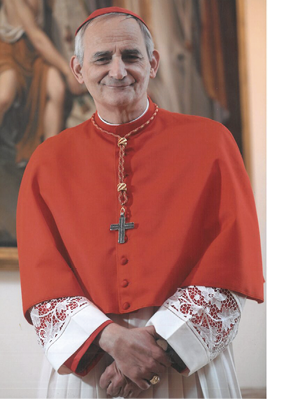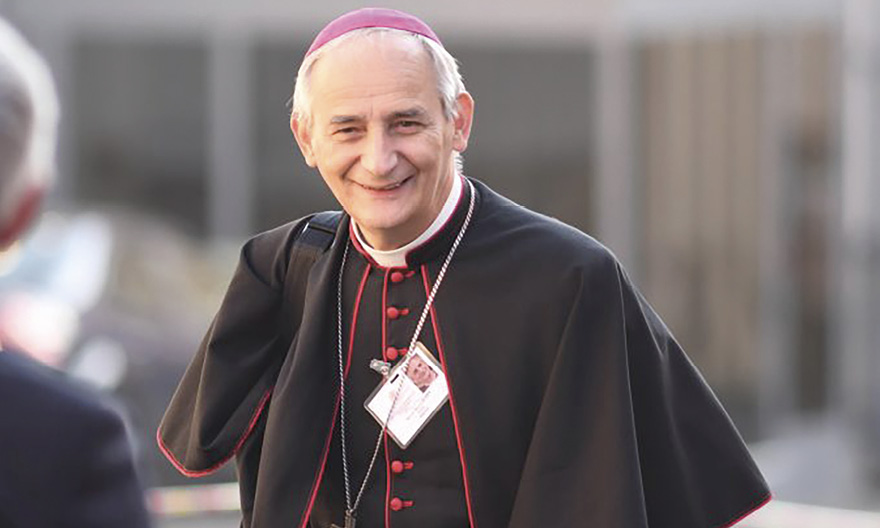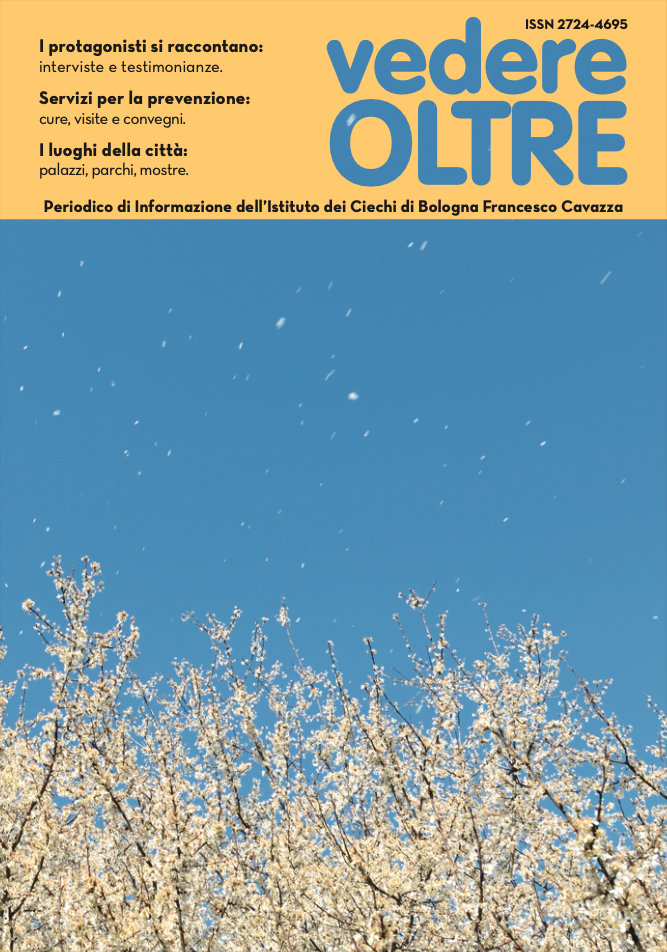For a number of years, Vedere Oltre has been wondering about the role that individuals and private entities can play as welfare providers in the absence of or in substitution for the state and its territorial organizations. Bologna represents a peculiar reality on the national scene, where local entrepreneurship plays an active role in cultural and social promotion. Since his appointment as Archbishop of Bologna in 2015 by Pope Francis, Cardinal Matteo Maria Zuppi is certainly a leading figure in the city’s spiritual, social, and even economic life.

He has the ability to communicate without rhetoric, getting straight to the point to spread the message of the Church on behalf of not only believers but all “brothers.” We had an opportunity to talk with the Archbishop and to address very relevant issues. We asked Cardinal Zuppi what he thought about the attention paid to social issues by entrepreneurs and individuals in the territory of his Archdiocese. In one word: consultation. Consultation between businesses and unions: a necessary dialogue in the labour sector within the broader reality of the nation, sharing a common goal at heart. Because the good of each translates into the good of all. His Eminence Zuppi knows what he is talking about, having the opportunity to play the role of an entrepreneur. It is a bit of a jest, but up to a certain point because in Bologna, the Archdiocese holds 100 percent of the shares of Faac Spa, a giant in automatic gates with operations and offices around the world. In his capacity as a “special” shareholder, he is aware that “fostering entrepreneurship” is equivalent to having to “do good.” Both directly, with the Bologna-based company, engaging not only with recruitment wherever possible; but also by offering favourable conditions to employees, including those residing in nations that usually fail to guarantee universal access to welfare benefits. Because the Church must always “remember to do good,” the Cardinal insists, within the framework of that “common home” that Pope Francis never fails to urge to build for “all brothers and sisters.” Although the fruit of the unique generosity of a citizen entrepreneur from Bologna, the Archdiocese has been able to make its descent into the financial arena, which, according to the Archbishop, has always regarded ethics as an obstacle to its own success, but which, precisely as a result of the terrible crises prompted by the pandemic, and then by the war in Ukraine, has been able to realize the need for a boundary guaranteed by ethics itself in order to remain thriving. Speculation makes enterprise an end in itself, when it should always be sensitive to the needs of society. In Bologna, as mentioned above, the sensitivity is shared by economic actors at all levels. Like any entrepreneur, then, the Church, in this wholly unique capacity, must make choices for the good of all, in a spiritual continuity that cannot and does not know a solution.

Even more so in these times burdened by events of great drama as well as complexity. According to the Cardinal, “the world anaesthetizes suffering, removes it, runs away from a sense of limitation, vulnerability, death. Well-being cannot stand this fragility and wants to erase it.” Then pandemics and wars do nothing but present the “balances” of reality, in the face of lost awareness of the problems, which have always been at our side, but have been ignored, through distraction or weakness. Therefore, in everyday choices, regardless of the role of those who make them, one should not betray knowledge and awareness of the problems, disowning them and shoving them in a corner. Listening to the faithful openness to others, welcoming those who need help. Daily choices of the Church, which in Bologna are translated into a synodic path in the territories of the Archdiocese that wants to involve anyone who wishes to engage or even just participate. Trying to curb some excesses of which the Church itself is the author, when, for example, it “speaks over” others, perhaps out of presumption, or perhaps out of mere haste and inattention. This path is addressed to everyone, including persons with disabilities who have already had the opportunity, in the first meeting on March 27, 2022, to share with Cardinal Zuppi “many efforts most missed,” an uneasiness that, however, never turns into surrender, striking the Archbishop for the many nuances of the efforts made by those who should receive greater attention, first from the state, and, instead, find themselves forced to constantly get their attention. Because for some, not as of today, the common home is a more difficult goal to reach.





.png)